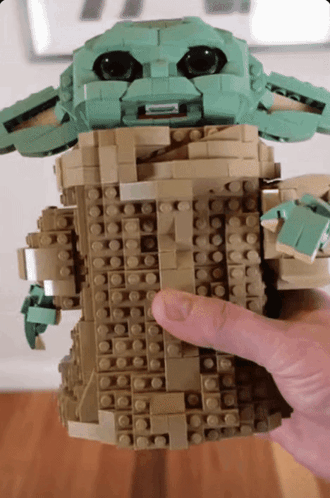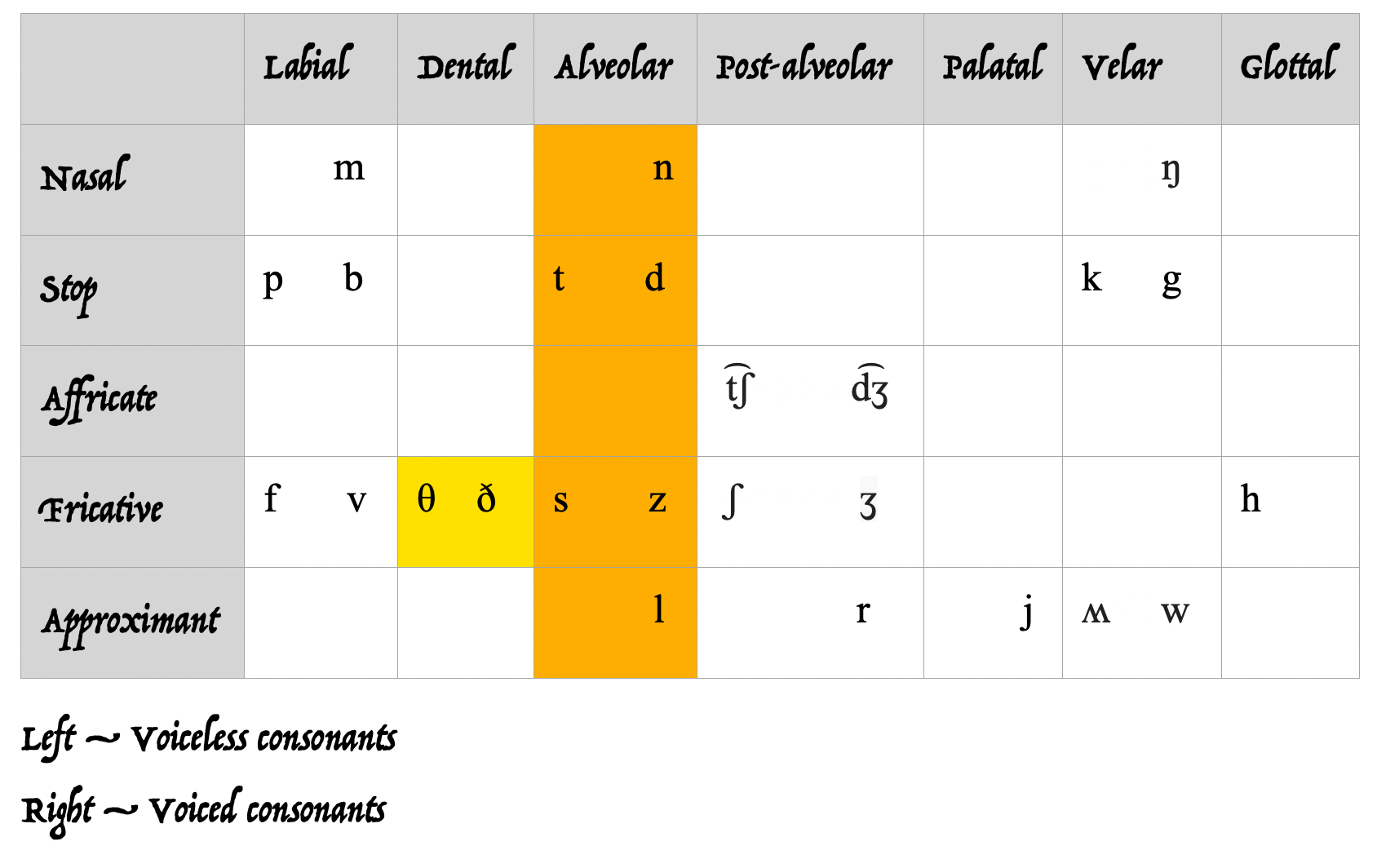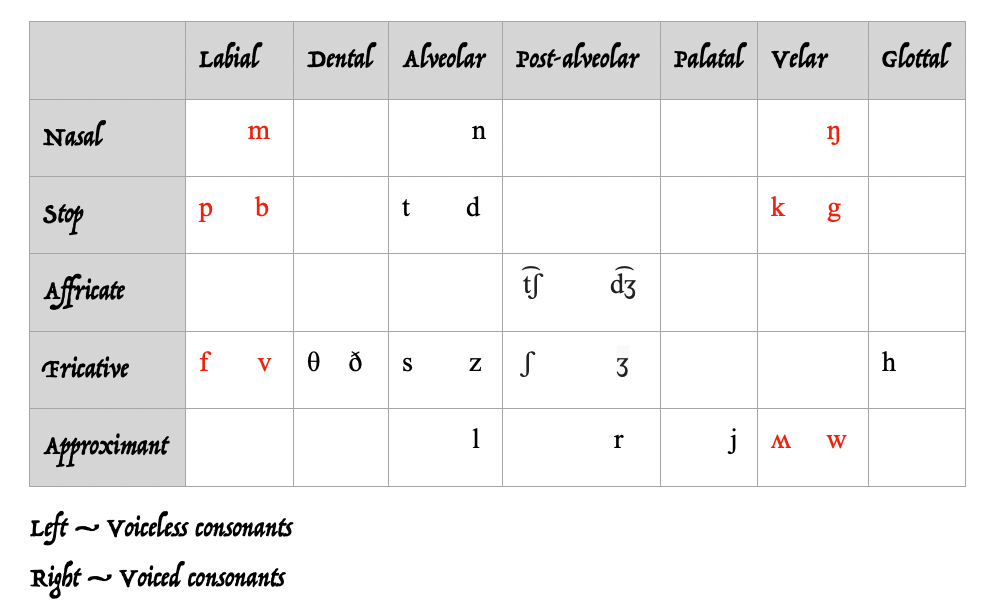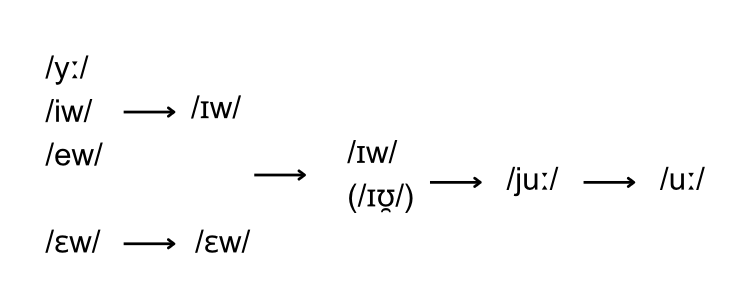English Phonetics with Columbo: Yod-dropping and Yod-coalescence
Have you ever wondered why Columbo says nOOz and not nJOOz? (No.)
Or assOOmed and not assJOOmed?
This is what we call "yod-dropping".

Why this weird name?
"Yod" is the Hebrew word for the letter "yod" that contains the consonant sound /j/.
OK, so it's basically the dropping of the sound /j/ after another consonant.
But we don't say "ExcOOse me". Something's wrong, right?
In General American, yod-dropping occurs after interdental and alveolar consonants.

Interdental sounds are /θ/ and /ð/.
Alveolar consonants are: /n/, /t/, /d/, /s/, /z/, and /l/.
That's it. These are the sounds that allow yod-dropping. (No /k/ from "Excuse me", see?)
"I have absolute proof, sir."
/ˈæb.sə.luːt/
"Mr. Lewis Lacy."
/ˈluː.ɪs/
"We found this newspaper in the motel room."
/ˈnuːzˌpeɪ.pɚ/
"I'm gonna sue you [...]"
/suː/
This is why in the word "few" we can't say "fOO" instead of "fJOO". The sound /f/ is labial. Labials are not welcome here.
Listen to Columbo's "a few questions":
(Noticed "sOO" for "sue", by the way?)
Same goes for velar sounds.

"We could speculate all day [...]"
/ˈspek.jə.leɪt/
"This is an amusing theory, Lieutenant."
/əˈmjuː.zɪŋ/
And why not /tʃ/, for example?
Some sounds already contain the /j/ element.
/tʃ/ is the sum of /t/ + /j/.
/dʒ/ is the sum of /d/ + /j/.
/s/ + /j/ = /ʃ/
/z/ + /j/ = /ʒ/
Oh, this, by the way, is yod-coalescence. The merging of the /j/ sound with the preceding consonant.
Listen to the /tʃ/ sound in "Congratulations, is that it?":
"Why did you look?"
/dɪd jʊ/ > /dʒ/
"How do you know?"
/d jə/ > /dʒ/
"'Cause you k0lled the witness."
/kɑːz jʊ/ > /ʒ/
What about the post-alveolar /r/ in "withdrew"?
Short answer: it's physically hard to pronounce "drjew" so why bother.
Same here:
- after /ʃ/, /tʃ/, /dʒ/ > It's "shoes", not "shjews",
- after /j/ (how'd we merge two j's?),
- after stops (p, t, k, b, d, g) + /l/ > It's "blue", not "bljew".
But...
Why would we need to add /j/ at all?
Well, in Middle English, there were four sounds /yː/, /iw/, /ew/ and /ɛw/ that later in the same period became /ɪw/ (/ɛw/ is lazy, /ɛw/ is still /ɛw/.)
Then, in Modern English, both /ɪw/ and /ɛw/ merged into the diphthong (two sounds) /ɪw/. This is a falling diphthong, which means the melody is eeeew. Not ewwww. The /ɪ/ sound is stronger.
Later on, the falling /ɪw/ (eeeew) diphthong became /juː/, a rising diphthong: joooo. Not jjjju.
(Please tell me it makes sense.)

Which leaves us with /juː/ as the realization (pronunciation) of these letter combinations:
<eu> (feud),
<ew> (newspaper),
<ue> (sue),
<ui> (suit),
<u consonant+vowel> (assume).
Easy, isn't it?
Oh, and just one more thing.

There won't be any droppings in words like "venue" /ˈven.juː/ where "j" is the first letter of the syllable that precedes "eligible" consonants, like the alveolar "n". It's not venOO.
Now we're good!
I hope this was useful. Get yourself some chili, put on an episode, and make pauses when you notice any "yod" stuff.
